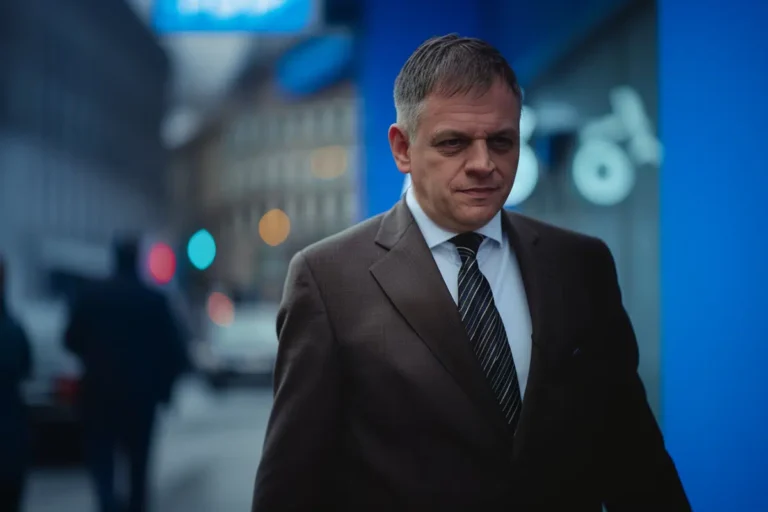As Slovakia braces for its upcoming presidential elections on April 6, the political landscape is fraught with tension and controversy, primarily revolving around Prime Minister Robert Fico and his government’s increasingly authoritarian tendencies. Fico’s recent actions and statements have raised domestic and international concerns, depicting a nation veering toward Moscow’s orbit.
The latest incident unfolded during Fico’s visit to the Ministry of Justice in Bratislava, where he made thinly veiled threats against Supreme Court judges who had ruled against his political allies in criminal cases. This move sparked condemnation from Justice Juraj Kliment and the political opposition, with accusations of interference in the judiciary and erosion of judicial independence.
Critics have pointed to Fico’s governance style, drawing parallels to Hungarian Prime Minister Viktor Orbán’s approach. Since returning to office for a fourth term last October, Fico has dismantled key anti-corruption mechanisms, sought to control public media, and echoed Moscow’s talking points, raising alarms in Brussels and beyond.
Political analyst Michal Vašečka has gone as far as accusing Fico of attempting to establish what he calls a “mafia state,” where the primary objective is to consolidate power at the expense of democratic norms and institutions.
Further complicating matters, Fico’s chief adviser, Erik Kaliňák, recently threatened to conduct audits of Slovak media’s financial connections and individual journalists’ bank accounts. This move comes on the heels of revelations that pro-Russian news outlets, such as Voice of Europe, have been used by Moscow to influence European politics, sparking concerns about press freedom and media independence in Slovakia.
Slovakia’s geopolitical orientation has also been scrutinized, particularly its alignment with Moscow. Fico’s administration has rejected calls to arm Ukraine and has advocated for a negotiated peace in the ongoing conflict with Russia. This stance has strained relations with neighboring countries, such as the Czech Republic, where Prime Minister Petr Fiala has criticized Slovakia’s foreign policy decisions, citing concerns for European security.
Fiala’s sentiments echo broader unease within the European Union about Slovakia’s trajectory, with fears that the country’s tilt towards Moscow could undermine regional stability and cohesion. The decision by Czech Prime Minister Fiala to indefinitely suspend intergovernmental meetings between the two countries underscores the depth of these concerns.
Amidst the turmoil, Slovakia finds itself at a crossroads, grappling with questions of democracy, the rule of law, and its place within the European family. The outcome of the upcoming presidential elections will undoubtedly shape the country’s trajectory in the coming years, with ramifications that extend far beyond its borders.
As Slovakia navigates these challenges, the international community watches closely, mindful of European security and stability implications. Whether Slovakia continues its eastward shift or reaffirms its commitment to democratic values and European integration remains to be seen. However, one thing is clear: the stakes are high, and the choices made in the coming days will reverberate across the continent for years.


